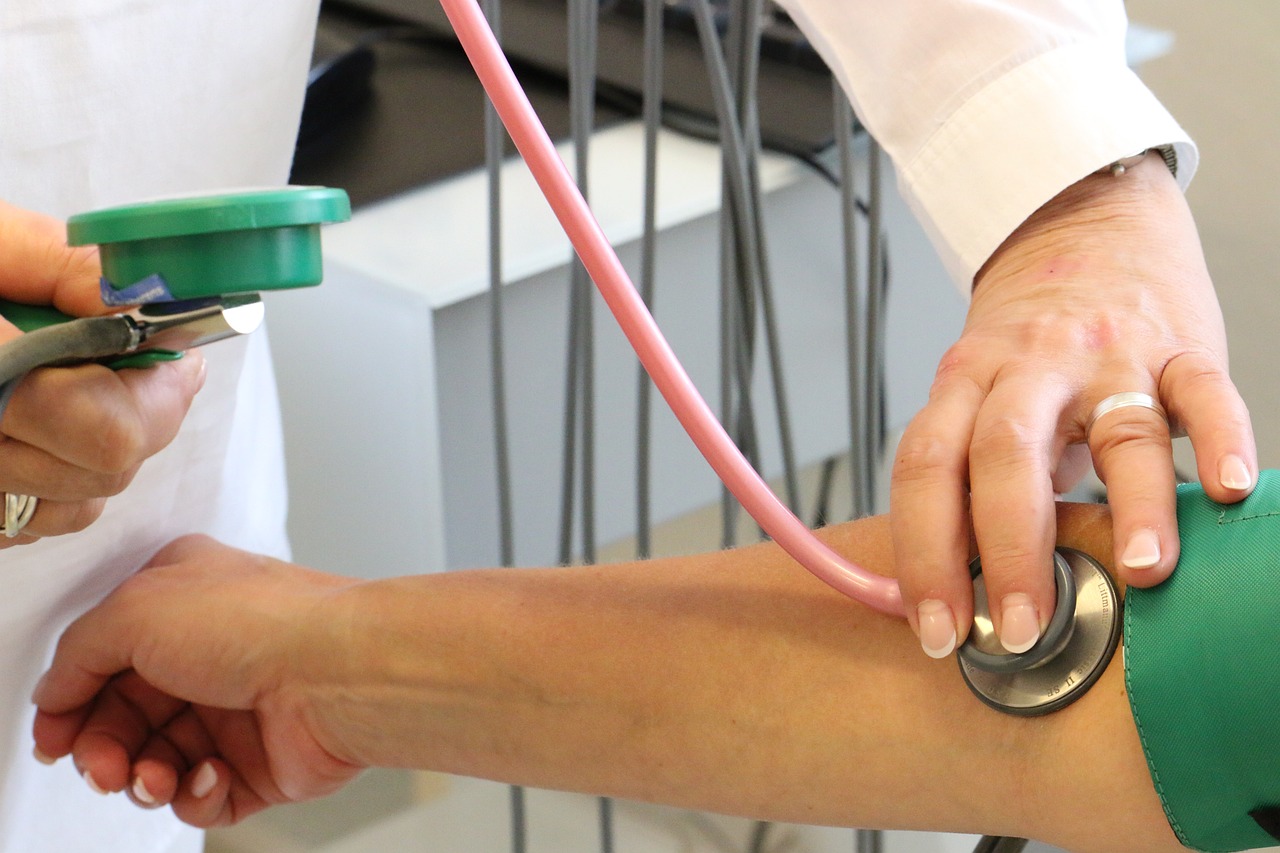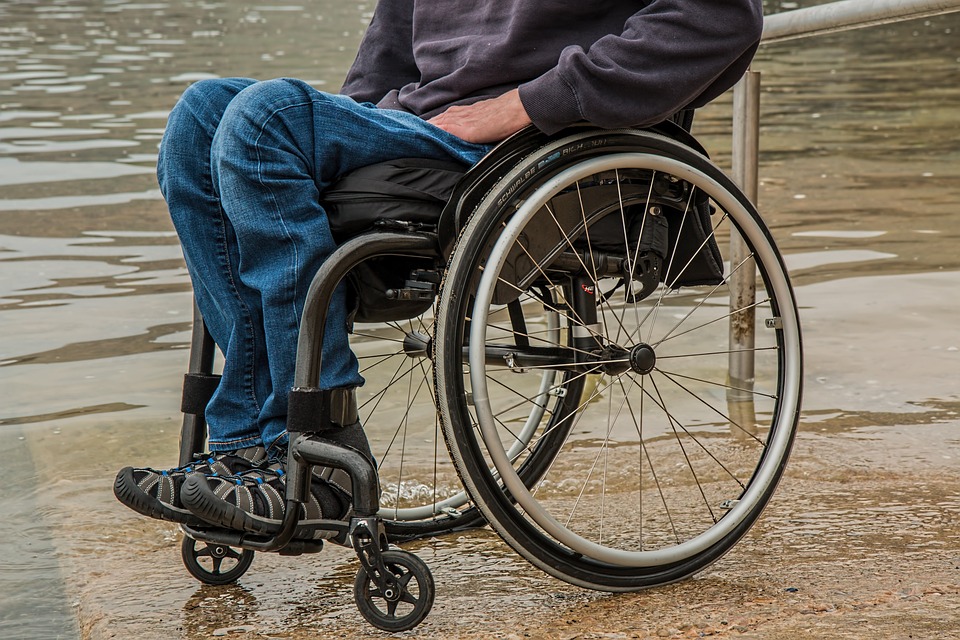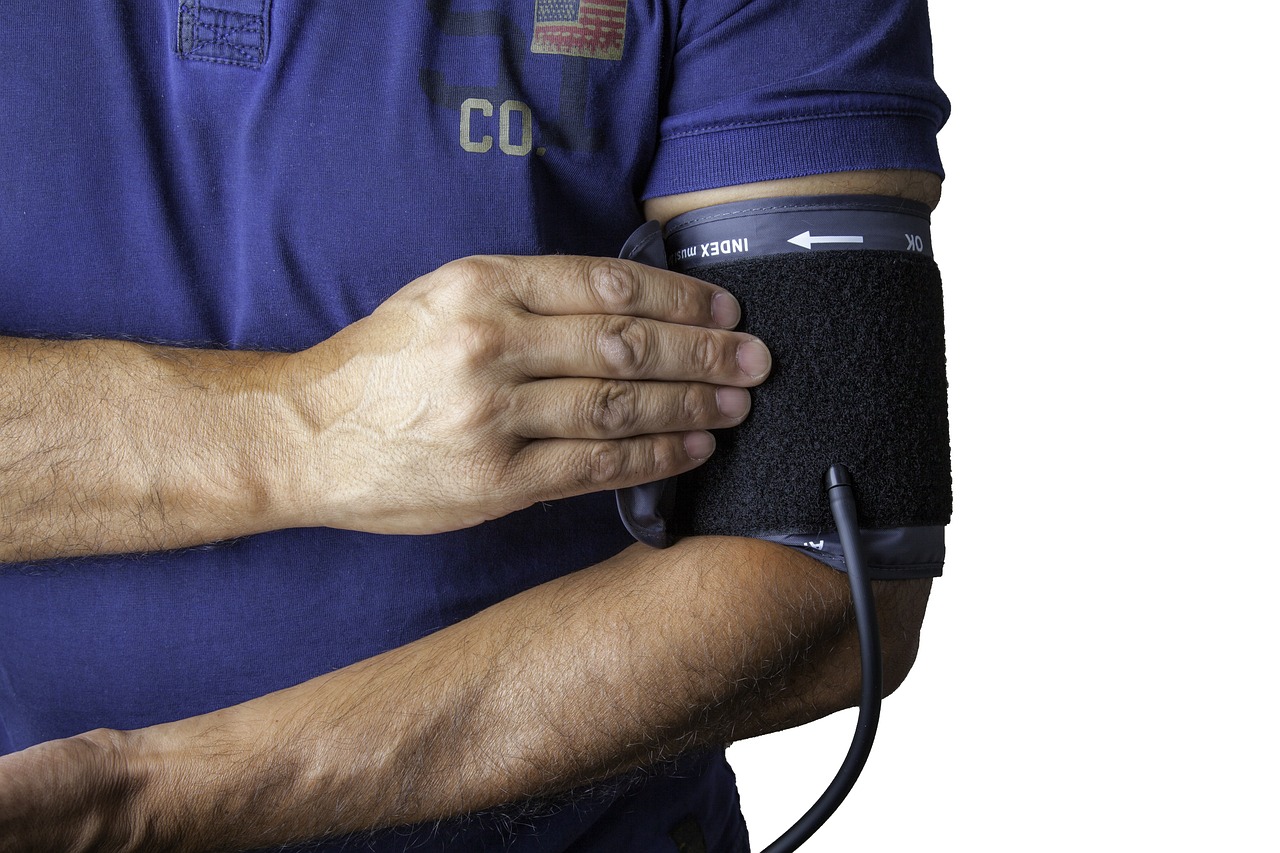When you are admitted to the hospital, a conversation with a nurse is one of the first things that happen. This conversation is critical to your care and can be difficult if you don’t speak English. A sign language interpreter can help ensure you understand everything happening and ask the questions you need to be answered.
Interpreters are also crucial during conversations with doctors. They can help explain your medical condition and treatment plan and answer any questions you may have. In addition, if you’re not fluent in English, an interpreter can ensure that you understand everything being said.
If you’re admitted to the hospital, you must inform the staff that you will need a sign language interpreter. This way, they can make sure one is available when you arrive.
Qualifications of a Sign Language Interpreter for Hospitals
There are many qualifications a sign language interpreter for hospitals must have. Most importantly, they must be able to fluently sign in both American Sign Language and English. They must also have extensive medical terminology knowledge and adapt to different hospital settings quickly. Hospital interpreters often work long hours, so they must be able to handle stress well. Additionally, they should be comfortable working with doctors, nurses, and patients of all ages.
Finding the Right Professionals
If you are deaf or hard of hearing and need hospital care, you will likely need a sign language interpreter. Unfortunately, not all hospitals have interpreters on staff. If your hospital does not have an interpreter, you can do a few things to find one.
The first step is to contact the hospital’s administration and inform them that you need an interpreter. Next, ask them how they usually handle requests for interpreters. Some hospitals may have a list of approved interpreters they work with, while others may be willing to hire an interpreter for you.
If your hospital does not have an interpreter on staff and is not willing to hire one for you, options are still available. You can contact local sign language interpreting agencies and ask if they have any interpreters available for hospital assignments.
In conclusion, hospitals should have sign language interpreters on staff to better serve their patients. This is especially important for hospitals that serve a large population of deaf and hard-of-hearing patients. By having an interpreter on staff, hospitals can ensure that all patients have equal access to healthcare services.






